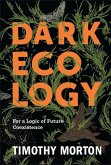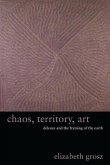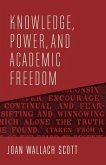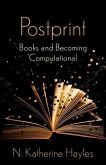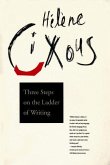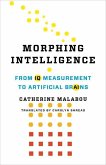Examines the intersection of the public and private meaning of music. This book incorporates the music criticism of Adorno, musical ideas from literary works by Proust, and criticism by Benjamin and de Man, and discusses performers such as Glenn Gould, Arturo Toscanini, and Alfred Brendel and such composers as Beethoven, Wagner, and Strauss.
Hinweis: Dieser Artikel kann nur an eine deutsche Lieferadresse ausgeliefert werden.
Hinweis: Dieser Artikel kann nur an eine deutsche Lieferadresse ausgeliefert werden.


